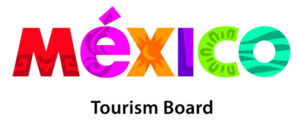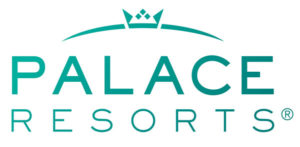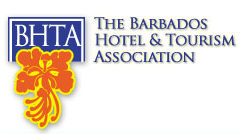Branding Best Practices for Small Businesses
In today’s competitive marketplace, small businesses need to create a strong and unique brand identity to stand out from the crowd. Your brand is much more than just your logo or product; it’s the entire experience that your customers have with your company. Creating a well-rounded and consistent brand identity is crucial to building customer loyalty and gaining new business. Keep reading to learn about some branding best practices for small businesses, courtesy of The Wedding Planners Institute of Canada!
Learn the Ropes: Go Back to School
If you’re starting a business from scratch or feel like you don’t know enough to hit the ground running, consider going back to school. Business courses are more accessible than ever these days, thanks to online learning opportunities. This may be a good option, and you can even choose a focus for your studies. If you want to create a strong brand, for
instance, you can learn all about marketing. You can also learn business skills in communications, management, accounting, and more.
Target Market: Connecting With Your Customers
The first step in creating a strong brand identity is understanding who your target market is. Once you know who you’re trying to reach, you can start creating content that resonates with them. Ask yourself questions like, who is my ideal customer? Who has the need for my product or service? If you’re not sure how to reach your target market, consider working with a marketing agency that specializes in small businesses. They’ll be able to help you create a marketing plan that gets results.
Types of Branding: Traditional vs. Digital Marketing Channels
There are two main types of branding. First, there are traditional marketing channels, like print ads, television commercials, and direct mail. Next, there are digital marketing channels like social media and email marketing. When using digital marketing, you also need to include search engine optimization (SEO) strategies to increase organic web traffic. Both types of branding are important for small businesses, but which one you should focus on depends on your budget, target market, and goals. If you’re not sure where to start, consider working with a branding agency that can help you create a customized plan for your business.
Engage With Customers on Social Media: The Meme Tool
Social media is one of the most powerful branding tools available to small businesses. It allows you to connect with your customers and build relationships with them. One way to stand out on social media is to use the “meme” tool. This tool allows you to create branded memes that are shareable and visually appealing.
Create a Consistent Voice: The Importance of Tone and Style
It’s important to maintain a consistent voice across all of your marketing materials, from your website to your social media posts. Printivity Insights explains that this can be accomplished by creating tone and style guides for your business. These guides will outline
the dos and don’ts of how you want your brand to be represented online. For help creating tone and style guides, consider working with a branding agency or consulting firm.
Build Branding Projects: DIY Versus Outsource
There are some branding projects that you can do yourself, like creating a logo or designing business cards. However, there are other projects that are best outsourced to professionals, like website design or copywriting. When deciding whether to DIY or outsource a project, consider factors like budget, skillset, and time availability.
Share Files with Designers: Using a PDF Editor
If you’re working with designers on any branding projects, it’s important to have a way to share files with each other without losing quality or resolution. That’s where PDF editors come in handy! PDF editors allow you to edit PDFs without compromising the quality of the original file. They also make it easy to add comments or make changes without having to resend the entire document each time.
Measure the Effectiveness of Your Branding Efforts: A/B Testing
Once you’ve put all of your branding efforts into place, it’s important to measure their effectiveness so that you can tweak them as needed along the way. There are various ways you can measure the effectiveness of your branding efforts, including web analytics, A/B testing, customer surveys, and focus groups. AB Tasty explains that by continuously measuring the effectiveness of your branding efforts, you can ensure that they’re working as effectively as possible.
Build Your Unique Brand
Brand identity is crucial for small businesses that want to compete in today’s marketplace. By building on your knowledge and understanding who your target market is, using powerful marketing tools, and maintaining a consistent voice across all channels, you can build customer loyalty and attract new business. For help creating an effective branding strategy for your small business, consider working with a professional branding agency.








Leave a Reply